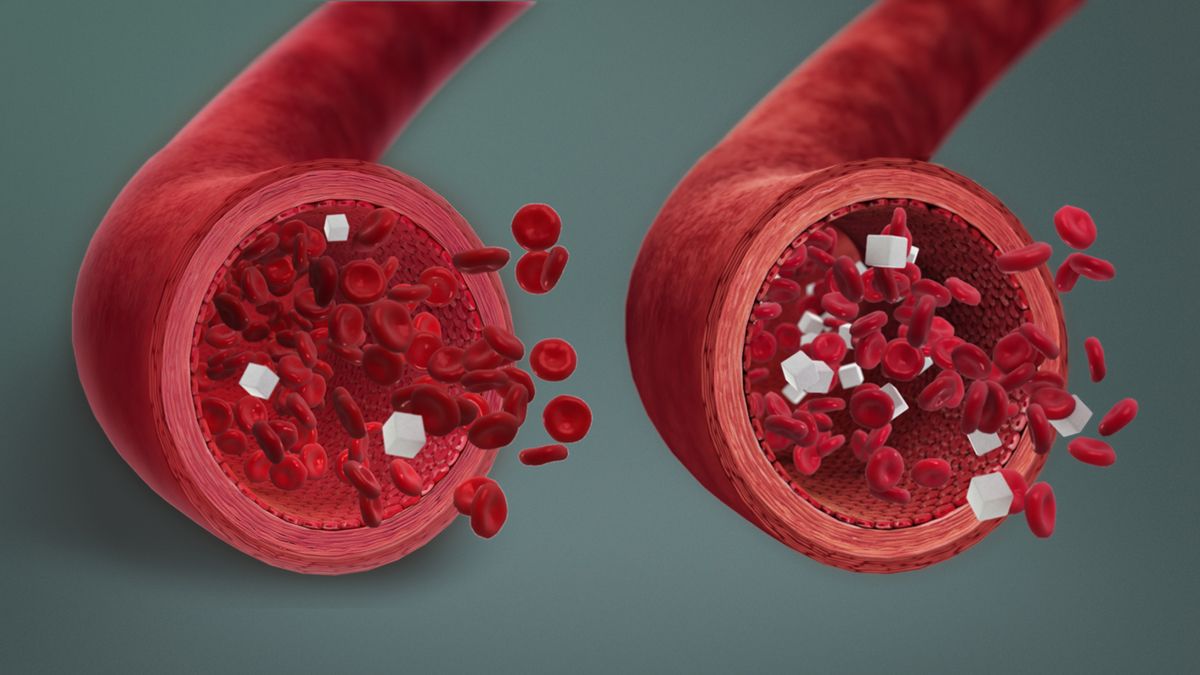
Introduction
Hypoglycemia is a condition that features with low level of sugar in blood. Normal sugar levels range from 3.6 to 5.8 mmol/L. Everything that is below 3.6 mmol/L is considered as hypoglycemia. This condition most commonly affects people who are suffering from diabetes and is caused by side effects of prescribed medications. Still hypoglycemia may also occur in some other medical conditions.
Blood Sugar Regulation
Glucose is obtained from food that is rich in carbohydrates. It is the main energy source in human body. It is easily absorbed from the gastrointestinal tract and this way it enters the blood stream. The cells can absorb glucose only with the assistance form insulin which is a hormone synthesized by pancreas.
In case of excess of glucose pancreatic beta cells produce and release insulin in blood stream. Insulin then helps glucose to enter the body cells and to be properly used. If there is more glucose left and it is not needed at that moment it can be perfectly stored in liver and muscles. Stored glucose is in a form of glycogen.
In case that the blood does not contain sufficient amounts of glucose, it can be obtained from glycogen. Glucagon is a hormone which helps in obtaining glucose from the liver. The glucose can additionally be synthesized in the body.
Causes of Hypoglycemia Diabetes
People who are suffering from type 1 diabetes mellitus are prone to hypoglycemia. Namely, it can happen that they take insulin and then skip a meal. This is not good as this way the level of insulin in the blood rises and all the present glucose is sent to the cells leading to low level of sugar in blood. This can also happen if one takes insulin, then eats properly but is after that exposed to increased strain such as exercises. This way the consumption of glucose is higher than expected. In diabetes people can be affected by hypoglycemia in the very beginning of the disease until the proper dose of insulin is established.
Other Causes apart from Diabetes
Certain drugs can be responsible for hypoglycemia. Quinine for example can lead to hypoglycemia. This medication is normally used in treatment of malaria. Children and people who are suffering from kidney failure are more prone to hypoglycemia if they take certain medications.Heavy drinking and chronic alcohol abuse cause damage to the liver which is unable to release glucose from glycogen and this leads to hypoglycemia. Additionally some other diseases result in hypoglycemia. They include hepatitis, kidney diseases and many more.
Insulinoma is tumor that originates from pancreatic cells. It is hormonally active and releases insulin. The excessive production of insulin consequently leads to hypoglycemia.
One of the conditions that can be a consequence of gastric bypass surgery is nesidioblastosis. In this condition enlarged beta pancreatic cells produce excessive amount of insulin and reduce the level of sugar in blood.
And finally, diseases that affect adrenal gland or pituitary gland can lead to improper sugar regulation and result in hypoglycemia.


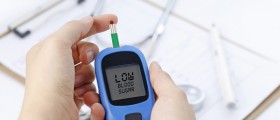
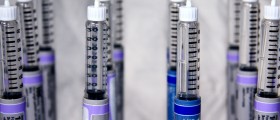

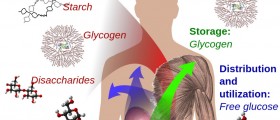
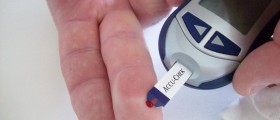










Your thoughts on this
Loading...